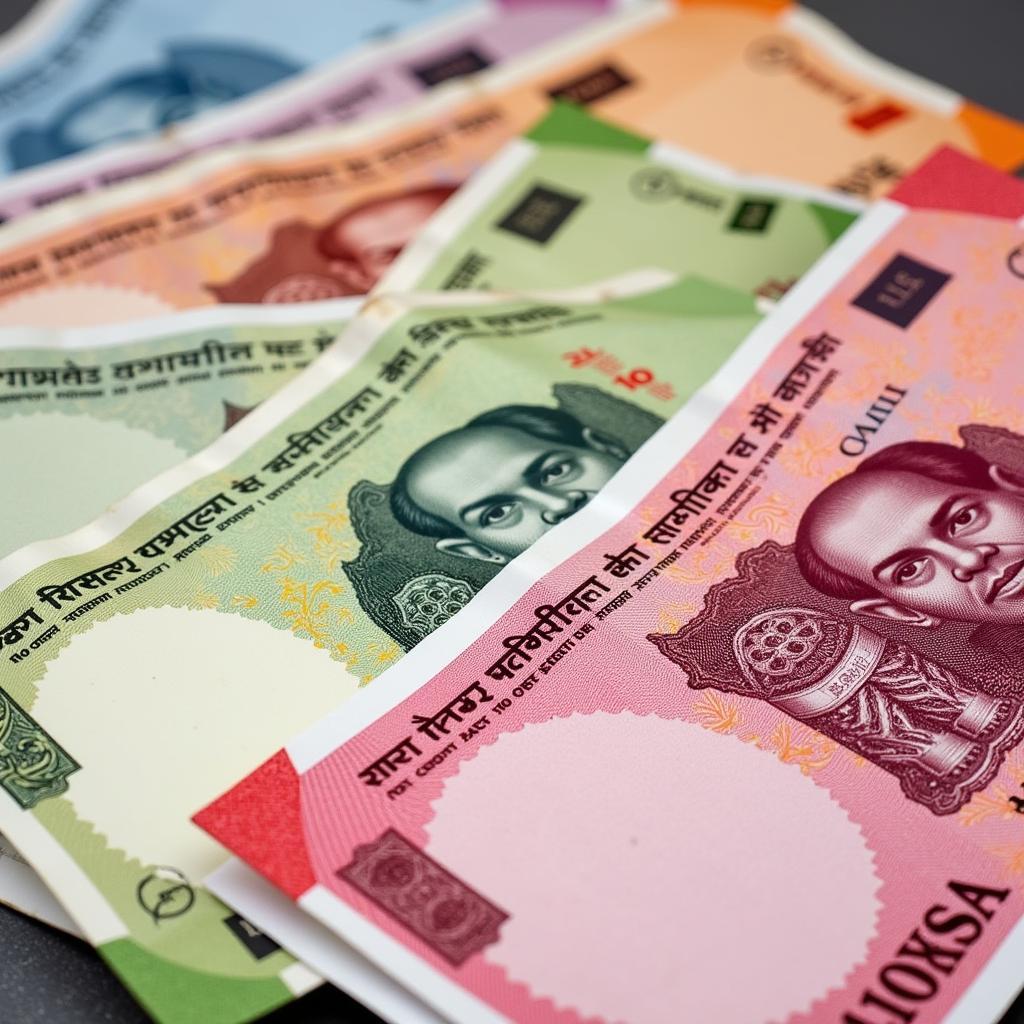Understanding the African Sex Workers Alliance
The African Sex Workers Alliance (ASWA) is a vital organization advocating for the rights and well-being of sex workers across the African continent. Operating in a complex and often challenging environment, ASWA works tirelessly to address the unique needs of this marginalized community.
The Role of ASWA in Empowering African Sex Workers
ASWA plays a crucial role in empowering sex workers by providing them with a platform to voice their concerns, advocate for their rights, and access essential services. The organization works through various strategies, including:
- Advocacy and Lobbying: ASWA actively engages with governments, policymakers, and international organizations to influence policies and laws that impact the lives of sex workers. They push for the decriminalization of sex work, recognizing that criminalization only further marginalizes and endangers sex workers.
- Capacity Building: ASWA provides training and workshops to equip sex workers with the skills and knowledge they need to advocate for themselves, negotiate safe working conditions, and access healthcare and legal services.
- HIV/AIDS Prevention and Care: Recognizing the vulnerability of sex workers to HIV/AIDS, ASWA implements comprehensive programs focused on prevention, treatment, and support. They provide access to condoms, testing, and counseling, and work to reduce stigma and discrimination.
- Economic Empowerment: ASWA recognizes that economic vulnerability is a key driver of sex work. They support initiatives that provide sex workers with alternative livelihood opportunities and promote financial independence.
Addressing the Challenges Faced by African Sex Workers
Sex workers in Africa face a multitude of challenges, many stemming from the criminalization of their work and the deep-seated stigma attached to it. These challenges include:
- Violence and Abuse: Sex workers are at an increased risk of violence, exploitation, and abuse, both from clients and law enforcement officials. The criminalization of sex work creates a climate of fear and impunity, making it difficult for sex workers to report crimes or seek justice.
- Health Disparities: Sex workers often lack access to quality healthcare, leading to higher rates of HIV/AIDS, sexually transmitted infections (STIs), and other health issues. Stigma and discrimination further deter sex workers from seeking medical attention.
- Economic Exploitation: Many sex workers enter the profession due to poverty, lack of education, and limited employment opportunities. They are often exploited by brothel owners, pimps, and clients, and trapped in a cycle of poverty.
- Social Marginalization: Sex work is widely stigmatized in many African societies, leading to discrimination, social exclusion, and human rights violations. Sex workers often face rejection from their families, communities, and healthcare providers.
The Importance of Collaboration and Partnerships
ASWA recognizes the importance of collaboration and partnerships in advancing its mission. The organization works closely with:
- Local Sex Worker Organizations: ASWA supports and collaborates with grassroots organizations led by sex workers themselves. These organizations have a deep understanding of the local context and the specific needs of their communities.
- International Organizations: ASWA partners with international organizations working on human rights, HIV/AIDS, and gender equality to leverage resources, expertise, and advocacy efforts.
- Governments and Policymakers: ASWA engages in constructive dialogue with governments and policymakers to advocate for policy changes that protect the rights and well-being of sex workers.
Conclusion
The African Sex Workers Alliance is a crucial advocate for the rights and well-being of sex workers across Africa. By working to decriminalize sex work, providing access to essential services, and advocating for policy changes, ASWA is empowering sex workers to live with dignity, safety, and respect. Their tireless efforts are making a tangible difference in the lives of countless individuals across the continent.
It is important to remember that sex workers are human beings with rights and deserve to be treated with dignity and respect. Supporting ASWA and other organizations working on behalf of sex workers is a crucial step towards ensuring their safety, health, and human rights.
FAQs
-
What is the African Sex Workers Alliance (ASWA)?
ASWA is a regional organization representing sex worker organizations across Africa. They advocate for the rights and well-being of sex workers, including decriminalization, access to healthcare, and protection from violence and exploitation. -
Why is decriminalization of sex work important?
Criminalizing sex work pushes it underground, making it more dangerous for sex workers. Decriminalization allows sex workers to access healthcare, report violence, and work in safer conditions. -
How does ASWA support African sex workers?
ASWA provides training, advocacy, and support to sex worker organizations across Africa. They also engage in policy advocacy and public awareness campaigns to challenge stigma and discrimination. -
How can I support the work of ASWA?
You can support ASWA by donating to the organization, spreading awareness about their work, and advocating for policies that protect the rights of sex workers. -
What are some of the challenges faced by African sex workers?
African sex workers face violence, stigma, discrimination, criminalization, and limited access to healthcare. They are also at an increased risk of HIV/AIDS and other STIs.
For support and assistance, please contact us:
Phone Number: +255768904061
Email: kaka.mag@gmail.com
Address: Mbarali DC Mawindi, Kangaga, Tanzania.
We have a dedicated customer support team available 24/7.




